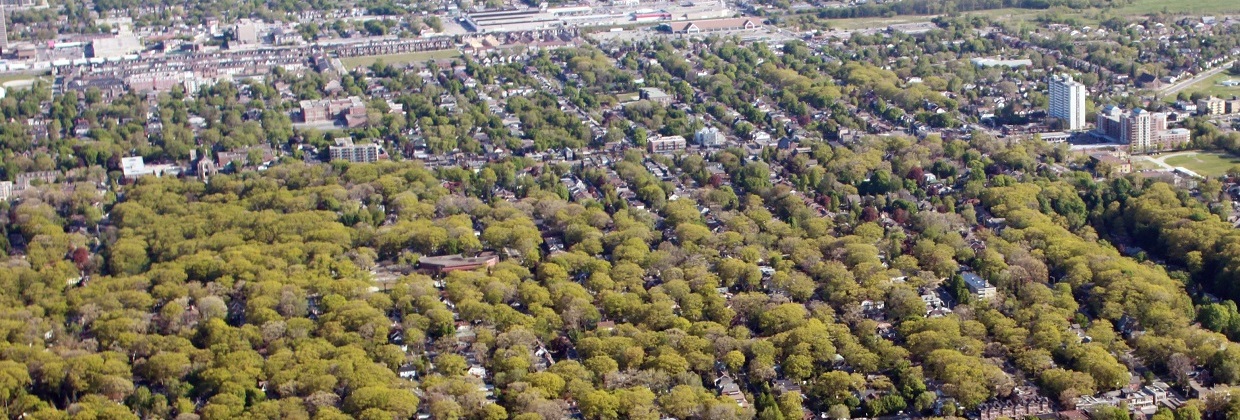In November 2016, the Ontario government tabled Bill 68, Modernizing Ontario’s Municipal Legislation Act. This bill, if passed, will introduce a series of reforms to the Municipal Act and the City of Toronto Act, which outline the legislative, administrative, and financial responsibilities of Ontarian municipalities.
Among many changes introduced in the legislation, three in particular are beneficial for green infrastructure:
1) Municipalities will be required to have a policy pertaining to protection and enhancement of their tree canopy and natural vegetation.
There would be a new requirement for municipalities to adopt and maintain a policy with respect to “[t]he manner in which the municipality will protect and enhance the tree canopy and natural vegetation in the municipality”. Note that the amended legislation would require municipalities to have a plan that not only protects their tree canopy and natural vegetation, but also enhances it. These changes will bolster the good work of many Ontario municipalities, some of whom are already global leaders in this area, and will provide impetus to other municipalities to begin developing plans.
2) Municipalities across Ontario will be able to pass green roof by-laws.
The proposed amendments would “authorize Cities to pass a by-law respecting the protection or conservation of the environment that requires buildings to be constructed in accordance with provisions of the building code under the Building Code Act, […] include[ing] the power to require the construction of green roofs or of alternative roof surfaces that achieve similar levels of performance to green roofs.” This would give municipalities the right to eventually create green roof by-laws similar to the City of Toronto’s by-law which is currently permitted under the City of Toronto Act.
3) Municipalities will have clearer jurisdiction to regulate with respect to climate change and energy conservation.
The proposed amendments would also expand the general power of municipalities to regulate with respect to the environment, perhaps opening the door for further green infrastructure investments. Municipalities would be empowered to enact by-laws with respect to “[e]conomic, social and environmental well-being of the municipality, including respecting climate change”. This would allow cities to legislate on the topic of climate change through by-laws that engage cities in long-term environmental and energy planning, which could include green infrastructure is an important tool for climate change adaptation.
Bill 68 has passed through its second reading. Overall these changes would be positive for the green infrastructure sector and GIO encourages residents to contact their MPP indicating their support for the bill.

